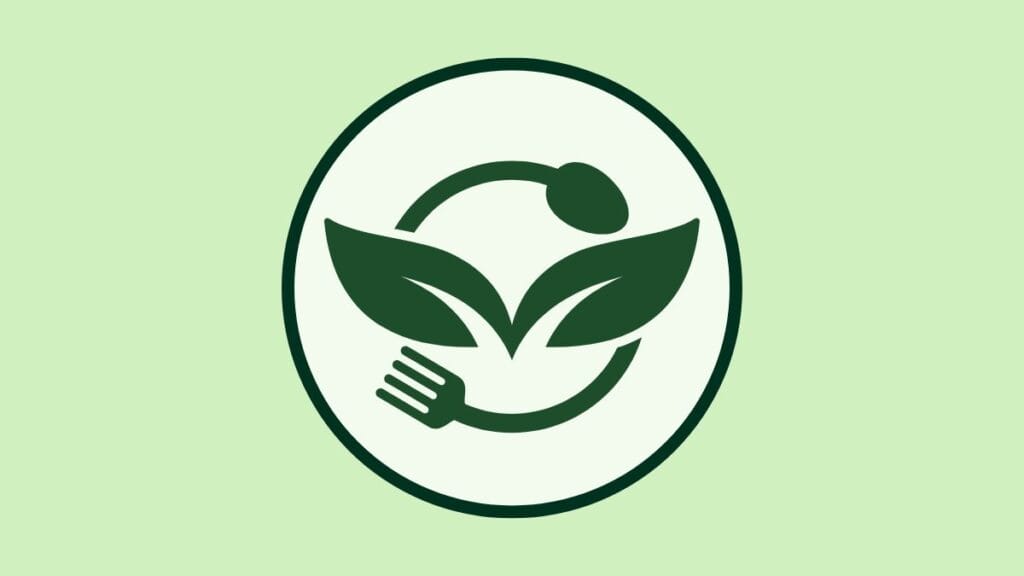Manage your health with
India’s Trusted
Holistic Nutrition Coach

Abdur Rahman Choudhury, M.Sc.
Nutrition Coach, Founder of NutritionCrown Enterprise
1000+ people benefited from my PREMIUM guides, courses, and personalized consultation service. 1,00,000+ people benefited from my FREE articles, tools, web stories, newsletters.
As Seen On



The Man Behind NutritionCrown

Hi, I’m Abdur Rahman Choudhury, a nutrition coach in West Bengal, India with 7+ years of experience in the field of nutrition.
Academic Qualifications
- Master of Science (M.Sc.) in Biochemistry: The University of Burdwan, India
- Bachelor of Science (B.Sc.) in Biochemistry: The University of Burdwan, India
Research Experience
- Genetic variations in the CYP11A gene among PCOS and Metabolic Syndrome patients: The Mission Hospital, India
Professional Certifications & Courses
- Stanford Introduction to Food and Health: Stanford University (US) – Coursera
- Certificate in Nutrition: Fabulous Body Inc. (US)
- Lose Weight and Keep It Off: Harvard Medical School (US)
- Nutrition and Disease Prevention: Taipei Medical University (Taiwan) – FutureLearn
Clinical Experience
- 7+ years as a nutrition coach
- Direct experience working with hundreds of patients to improve their health
On NutritionCrown, I share FREE articles, tools, web stories, newsletters and offer PREMIUM guides, courses, and personalized consultation service.
Trusted by Our Community



Explore a World of Nutrition
Because “Nutrition is a critical part of health and development.” – WHO

Nutrition Blog
Get straight answers to your nutrition questions.

Nutrition Shop
Get access to proven diet blueprint that actually work.

Nutrition News
Get the expert analysis of latest nutrition developments.

Nutrition Insider
Uncover the nutritional secrets that brands don’t want you to know.

Nutrition Reviews
Get unbiased reviews of nutrition products and services.

Nutrition Recipes
Get easy and quick healthy recipes that actually taste good.

Nutrition Lists
Get essential nutrition recommendations without the fluff.

Nutrition Web Stories
Get nutrition facts that’s actually enjoyable to consume.

Nutrition Tools
Get the numbers you need for personalized nutrition.

Nutrition Newsletter
Get the daily nutrition development analysis delivered to your inbox.
About NutritionCrown

NutritionCrown is an evidence-based nutrition website, where you can discover FREE articles, tools, web stories, newsletters and get PREMIUM guides, courses, and personalized consultation service.
It was founded by renowned nutritionist Abdur Rahman Choudhury in August 2020.
He started the website as a blog to share his knowledge, and experience with people who are looking for reliable and trustworthy nutrition information. Now it became a giant resource for all thing nutrition.
We believe that nutrition is the key to preventing and managing many chronic diseases, and that you deserve to have access to the best nutrition resources available.
Real People – Real Reviews
These words make me feel proud and motivate me to continue helping people transform their lives through personalized nutrition.
Frequently Asked Questions
What is NutritionCrown?
NutritionCrown is an evidence-based nutrition website that provides FREE articles, tools, web stories, newsletters and get PREMIUM guides, courses, and personalized consultation service.
Who founded NutritionCrown?
Renowned nutritionist Abdur Rahman Choudhury founded NutritionCrown in August 2020.
Is NutritionCrown an independent website?
Yes. NutritionCrown is an independent website, built from scratch. It’s been bootstrapped from the start, meaning the founder funded everything from website cost to running social media channels without any outside investor.
Who is Abdur Rahman Choudhury?
Abdur Rahman Choudhury is a nutrition coach in West Bengal, India, with over 7 years of experience in the field of nutrition.
Why was NutritionCrown started?
Abdur Rahman Choudhury started NutritionCrown as a blog blog to share his knowledge, and experience with people who are looking for reliable and trustworthy nutrition information.
What are Abdur Rahman Choudhury’s qualifications?
Abdur holds a Bachelor’s and Master’s degree in Biochemistry from The University of Burdwan, India. He has completed the following online courses: “Stanford Introduction to Food and Health” by Stanford University (US) through Coursera, “Certificate in Nutrition” from Fabulous Body Inc. (US), and “Nutrition and Disease Prevention” by Taipei Medical University (Taiwan) through FutureLearn.
How can I benefit from NutritionCrown?
You can benefit from NutritionCrown by accessing FREE articles, tools, web stories, newsletters and PREMIUM guides, courses, and personalized consultation service.